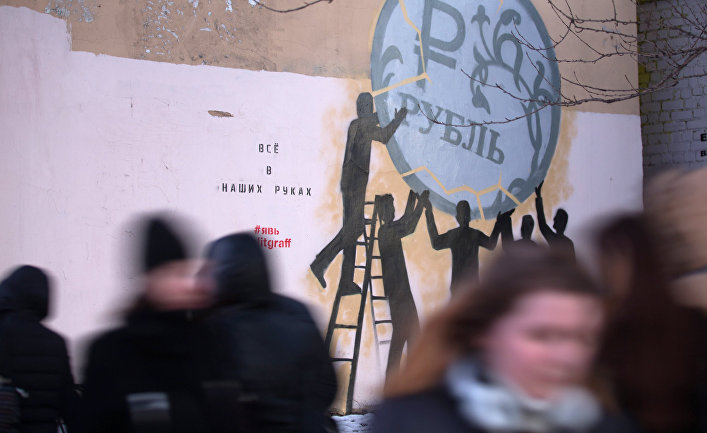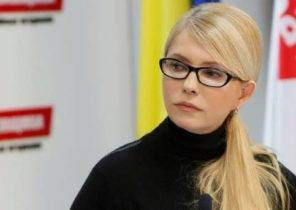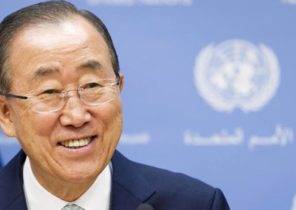
Russia strengthens its influence in the international arena: the Syrian problem, an agreement to reduce oil production and so on. Due to the fact that an agreement was reached on production cuts, oil prices began to rise; the ruble also strengthened their positions. The Russian economy embarked on the path of recovery. Besides natural resources Russia has a consumer market the size of which is 150 million people. According to the study of Japanese foreign trade organization, held in 2016, 83 Japanese company presented on the Russian market, are placing their hopes on the growth and potential of the Russian market. Most of them plan to in the near future to expand its activities.
However, prospects of the Russian economy is extremely vague. Does not change the situation in which the Russian economy will continue to depend on oil prices. Agreement to reduce oil production are almost never observed. It is difficult to predict the prospects for oil prices in light of the us shale oil and gas.
For growth you need to get away from energy dependence, but the situation is getting worse. Since the second half of 2013, capital expenditures have consistently demonstrated negative growth. The manufacturing industry is fading, decreases the number of jobs, the consumer market is shrinking.
These are the fears associated with the vague prospects of the Russian economy. The situation destabilizie that the ruble dependent on oil prices has a significant impact on investment and consumption.
Therefore, the foreign companies entering the Russian market is vital for economic growth. However, against Russia imposed economic sanctions due to the Ukrainian problem. Serious political risks also prevent this.
The lack of stability in Russia also prevents foreign companies to work quietly in the Russian market. Arose a vicious circle: instability and economic growth are inseparably linked. As a result, the reality is that it is impossible to calculate the prospects of the Russian economy.
Studies of Japanese foreign trade organization also showed that the majority of Japanese companies believe that the unstable exchange rate, and political and social environment pose a risk to investment. In this regard, the Russian business strategies must be taken into consideration like the opacity of Russian economies







